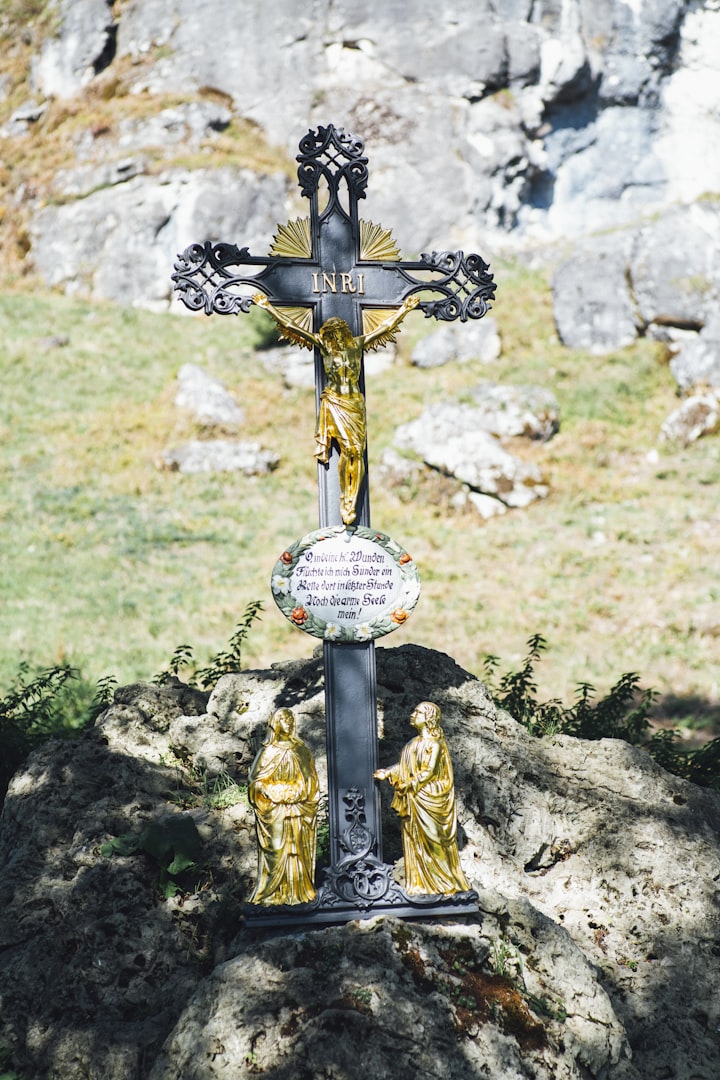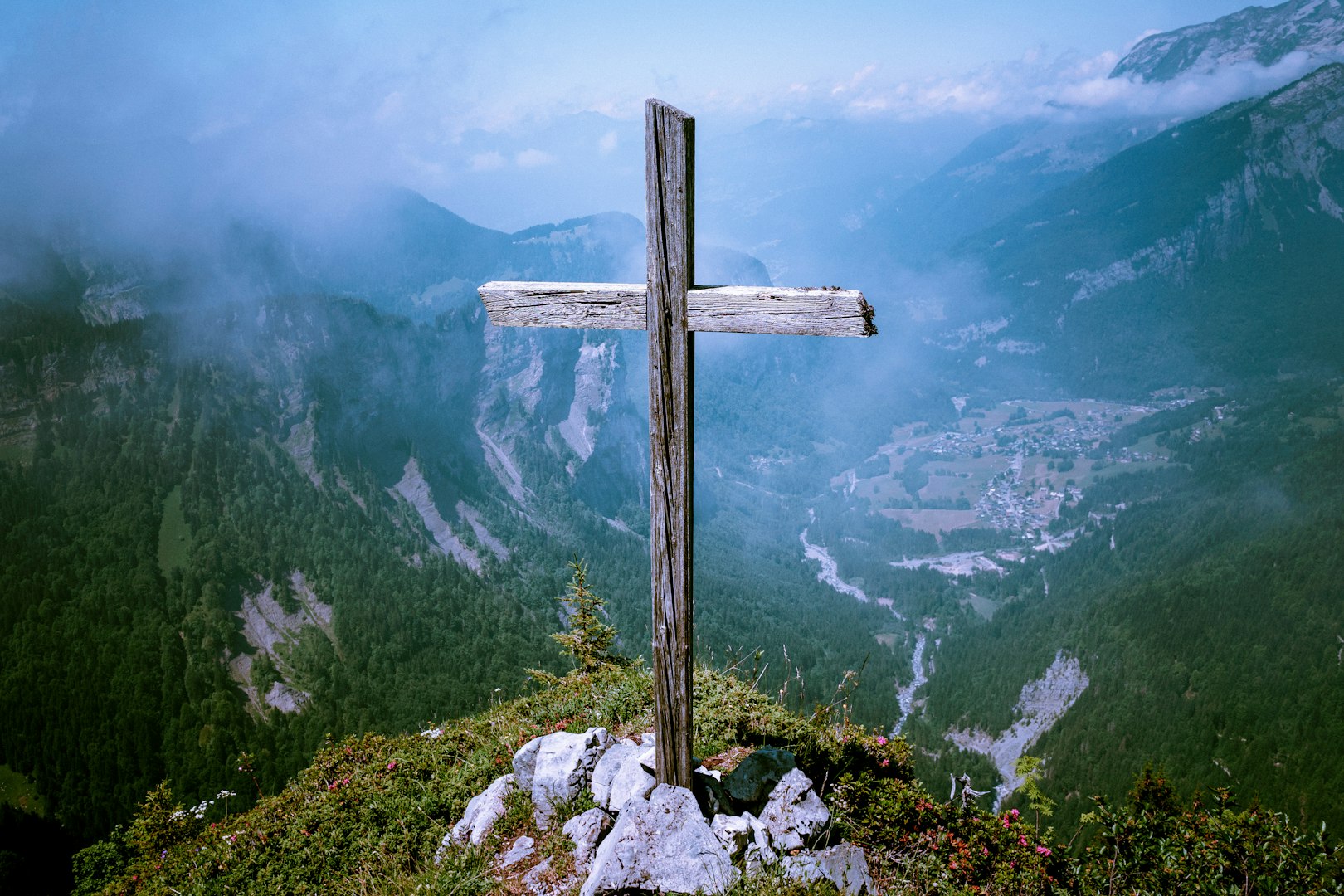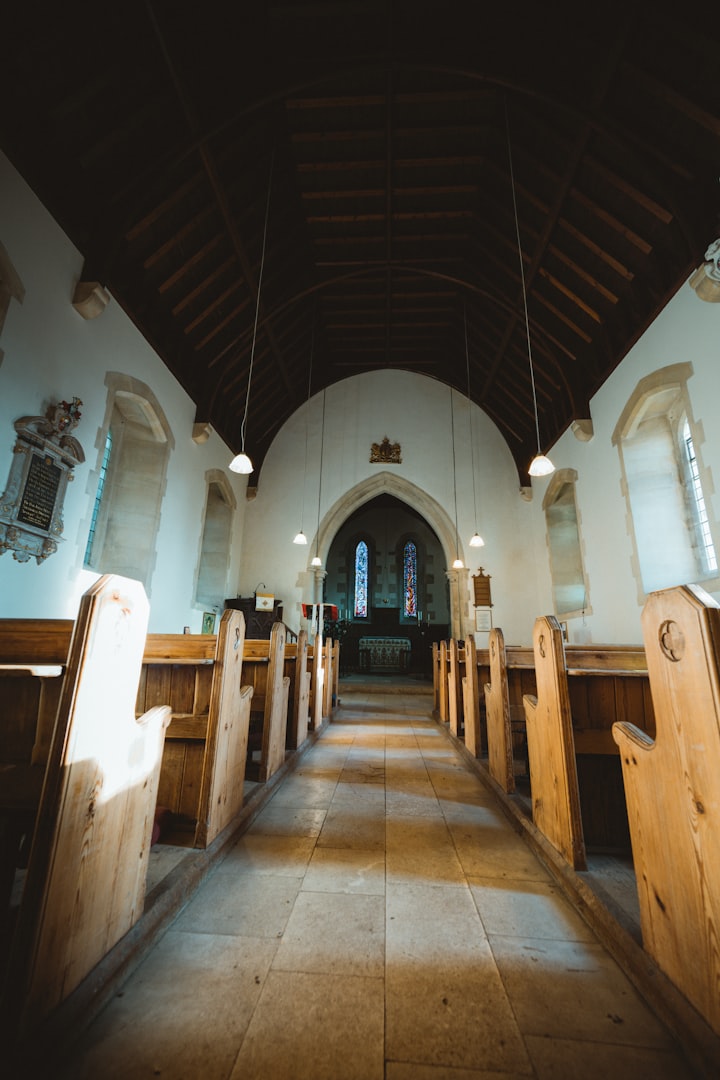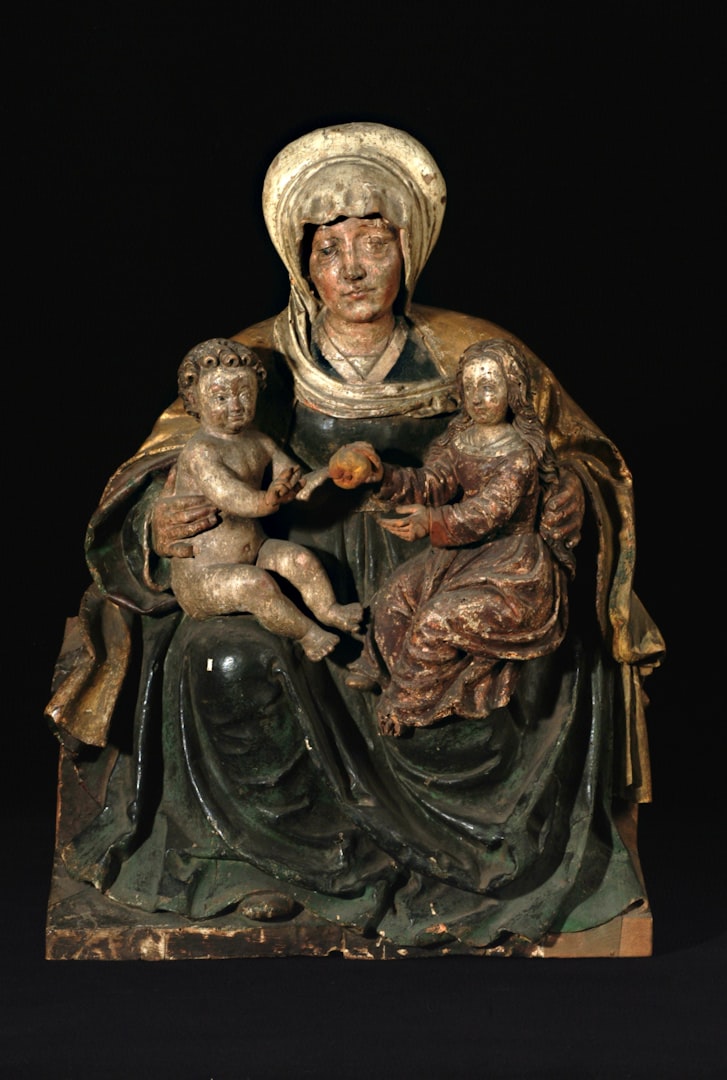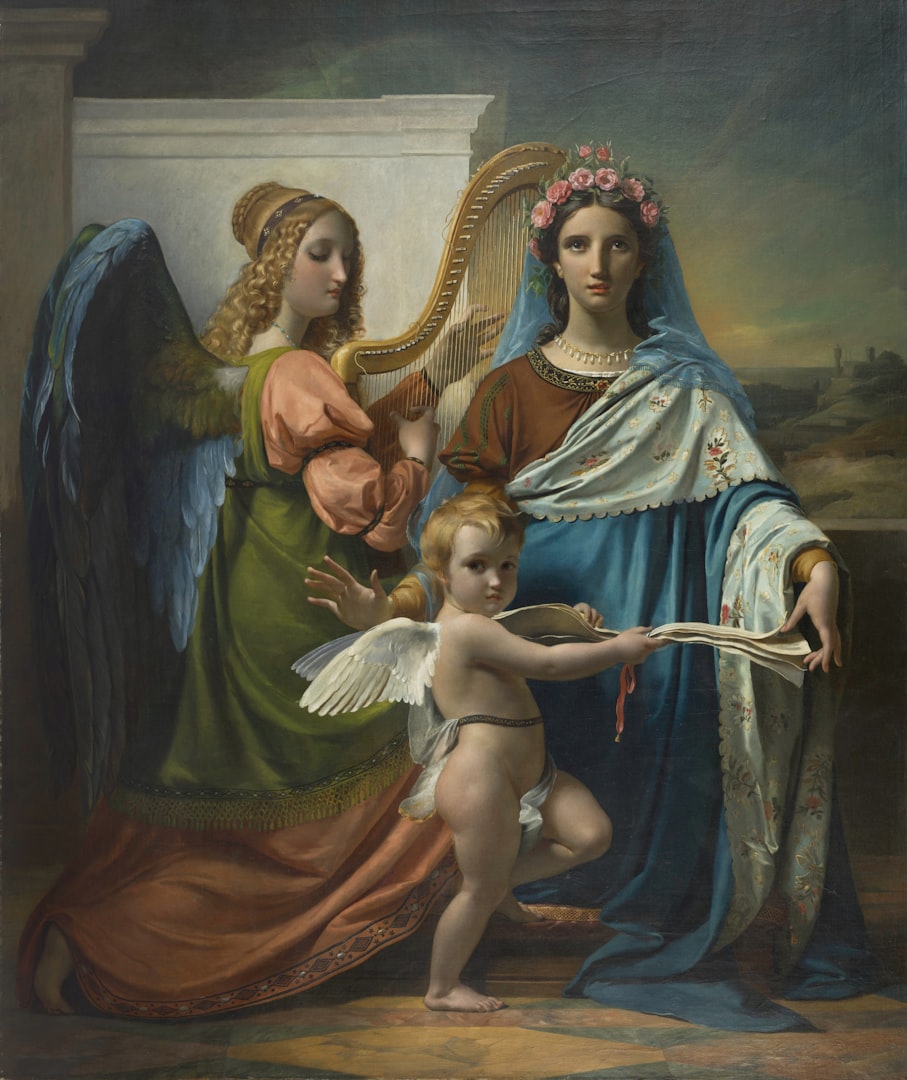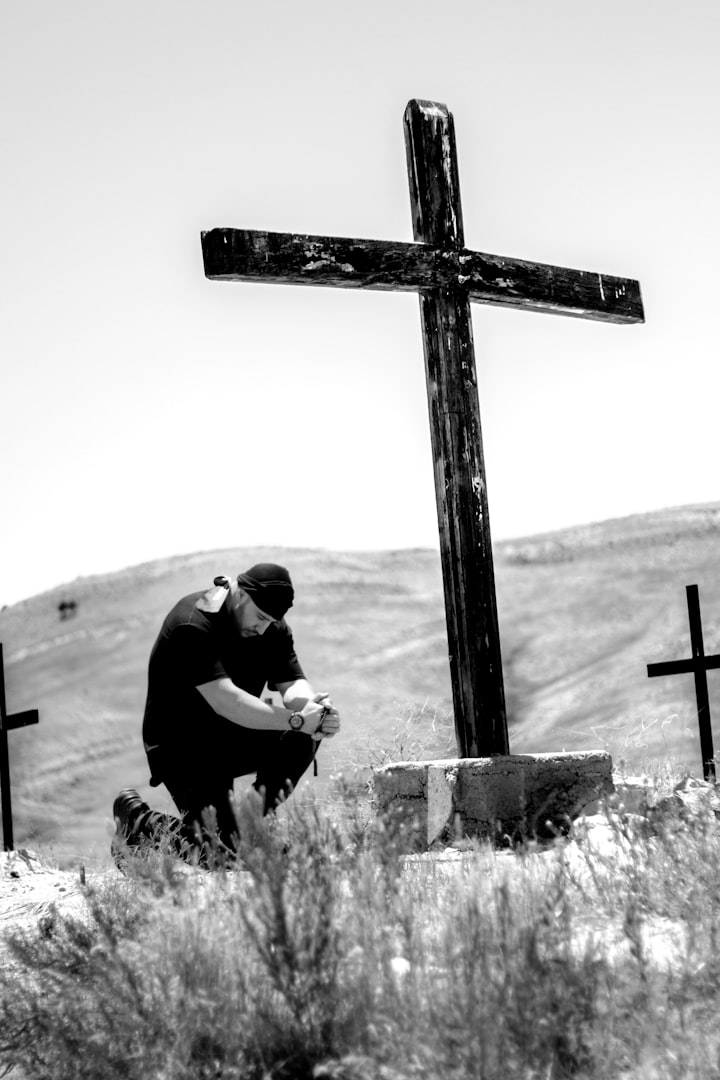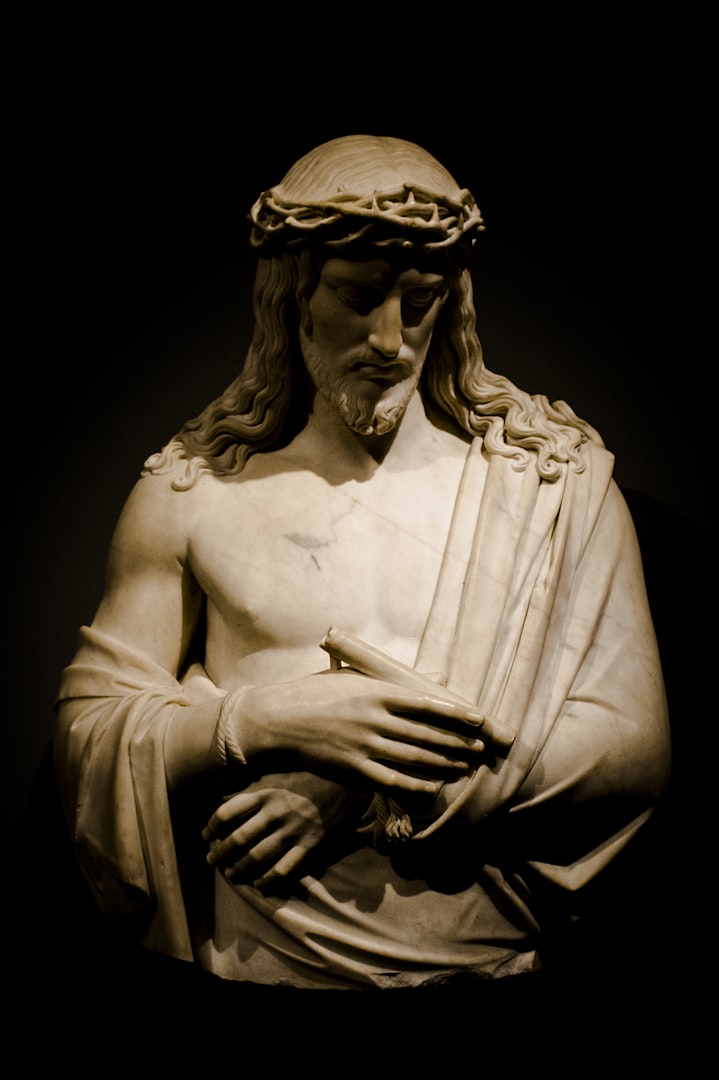
Era Echo
History of Christianity: Early Christianity
In this episode of Era Echo, we provide a comprehensive overview of the
early history of Christianity, tracing its origins from its Jewish roots
through the influence of Hellenistic culture and the emergence of
distinct Christian traditions.
We begin by exploring how
Christianity developed from Jewish messianic beliefs, highlighting the
key differences between Jewish Christianity and Gentile Christianity.
This foundational context sets the stage for understanding how early
Christians perceived their faith in relation to Judaism.
Next, we
examine the impact of Hellenistic culture on Jewish practices and
beliefs, noting how this cultural exchange influenced early Christian
traditions and thought. The blending of ideas during this period played a
critical role in shaping the identity of early Christians.
The
podcast then transitions into a discussion of the Ministry of Jesus,
emphasizing the significance of his teachings, miracles, and ultimately,
his death and resurrection. These events are pivotal in the formation
of Christian beliefs and the narrative that would define the faith.
We
also delve into the Apostolic Age and the Ante-Nicene Period, outlining
the foundational roles of the apostles in spreading Christianity. Their
efforts were crucial in establishing early communities and addressing
various doctrinal differences through early Christian councils.
Throughout
the podcast, we emphasize the key events and figures that shaped the
development of Christian beliefs and practices, highlighting the dynamic
interplay of Jewish, Hellenistic, and early Christian thought.
Join
us as we uncover the rich and complex history of early Christianity,
revealing how these formative elements contributed to the growth and
evolution of one of the world's major religions.

